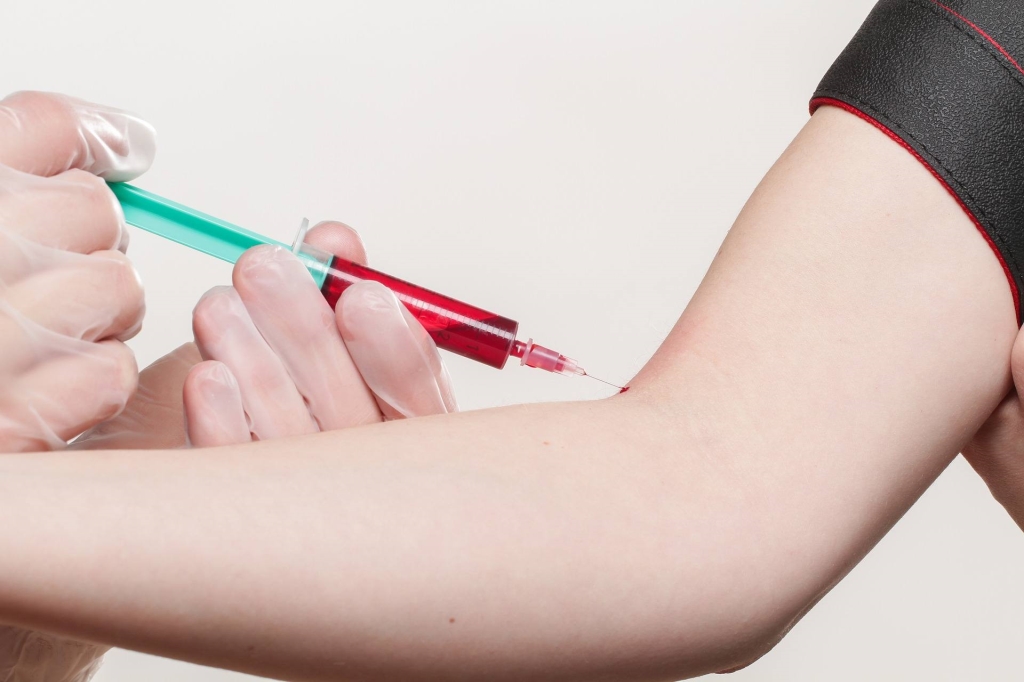is a Phlebotomist a Good job? Key Benefits, Salary Insights, and Career Outlook
If you’re considering a healthcare career that combines patient interaction with critical diagnostic work, becoming a phlebotomist might be an excellent choice. This role involves collecting blood samples for testing, which plays a vital part in diagnosing and treating patients. But is it a good job? Let’s explore the key benefits, salary insights, career prospects, and what makes this profession appealing.
What Dose a Phlebotomist Do?
A phlebotomist is a trained healthcare professional responsible for drawing blood from patients or donors for laboratory testing, transfusions, donations, or research. Their daily tasks include identifying patients correctly, preparing equipment, performing venipuncture, and ensuring patient safety and comfort.
Key Benefits of a Career as a Phlebotomist
Choosing a healthcare profession like phlebotomy offers numerous advantages. Here are some of the top benefits:
1. Short Training Period and Certification
- Typically requires 3-6 months of training or certification program.
- Many states have minimal licensing requirements, making it accessible for newcomers.
- Accelerated entry into the healthcare field compared to other medical professions.
2. Competitive Salary and Earning Potential
Phlebotomists frequently enough enjoy a solid income that reflects the demand for their skills.
3. Job Stability and Growth Opportunities
- Growing need for laboratory tests coupled with aging populations increases demand.
- Potential to advance into roles like medical technologist, laboratory supervisor, or healthcare educator.
4. Versatility and work Surroundings
- Available in hospitals, clinics, blood donation centers, and diagnostic labs.
- Opportunities for full-time, part-time, or even weekend shifts.
5. Personal Fulfillment and Impact
Helping facilitate diagnoses and saving lives offers a meaningful and rewarding career experience.
6. Entry-Level Accessibility
no extensive medical education is required to start, making it an ideal pathway for recent graduates or career changers.
Salary Insights for Phlebotomists
Salary is a crucial factor in assessing if a profession is a good fit. Here’s what you need to know about phlebotomist earnings:
Average Salary Range
| Experience Level | Average Annual Salary |
|---|---|
| Entry-Level | $25,000 – $32,000 |
| Mid-Career | $32,000 – $40,000 |
| Experienced | $40,000 – $45,000+ |
Factors Influencing Salary
- Geographic Location: Urban centers tend to pay more.
- Workplace Type: Hospitals often offer higher wages than outpatient clinics.
- Certifications & Specializations: Additional credentials can boost earning potential.
- Experience & Tenure: More experienced phlebotomists earn higher wages.
Career Outlook for Phlebotomists
The demand for phlebotomists is expected to grow significantly in the coming years, driven by advancements in healthcare diagnostics and an aging population needing regular blood tests.
Job Market Trends
- Projected growth rate: approximately 11% from 2020 to 2030,faster than the average for all occupations.
- Increased demand in outpatient care and diagnostic laboratories.
- more job opportunities in rural and underserved areas as healthcare expands.
Advancement Opportunities
Experienced phlebotomists can move into roles such as:
- Medical Laboratory Technician
- Healthcare Supervisor
- Training & Certification Instructor
- Specialized Phlebotomy Technician (e.g., pediatric, trauma)
Practical Tips for Aspiring Phlebotomists
If you’re considering this career path, here are some practical tips:
- Complete accredited certification programs to meet licensing requirements.
- Develop excellent interaction and patient-relations skills.
- Gain hands-on experience through internships or volunteering.
- Stay updated on healthcare regulations and safety protocols.
- Consider specializing to increase earning potential and job prospects.
Real-Life Case Studies
Case Study 1: Transitioning to Healthcare Success
Jane, a recent graduate, trained as a phlebotomist in six months. She found employment quickly in a busy hospital outpatient lab. after three years, Jane earned certifications in pediatric phlebotomy and increased her salary by 20%. She now mentors new technicians and enjoys a stable career.
Case Study 2: Career Advancement in Action
Mark started as a phlebotomist in a blood donation center. With experience and further certifications, he moved into supervisory roles, managing a team of technicians. This move significantly improved his salary and broadened his scope of work.
Conclusion
So, is being a phlebotomist a good job? for many, the answer is yes. it offers a balanced combination of short training, solid earning potential, strong job growth, and personal fulfillment. Whether you’re just starting your healthcare career or seeking a specialized role, phlebotomy provides a practical and rewarding pathway.
If you’re interested in entering the healthcare field, consider the benefits and opportunities that come with being a phlebotomist. With the right training and a commitment to patient care, you can enjoy a stable, growing, and impactful career in the medical industry.
